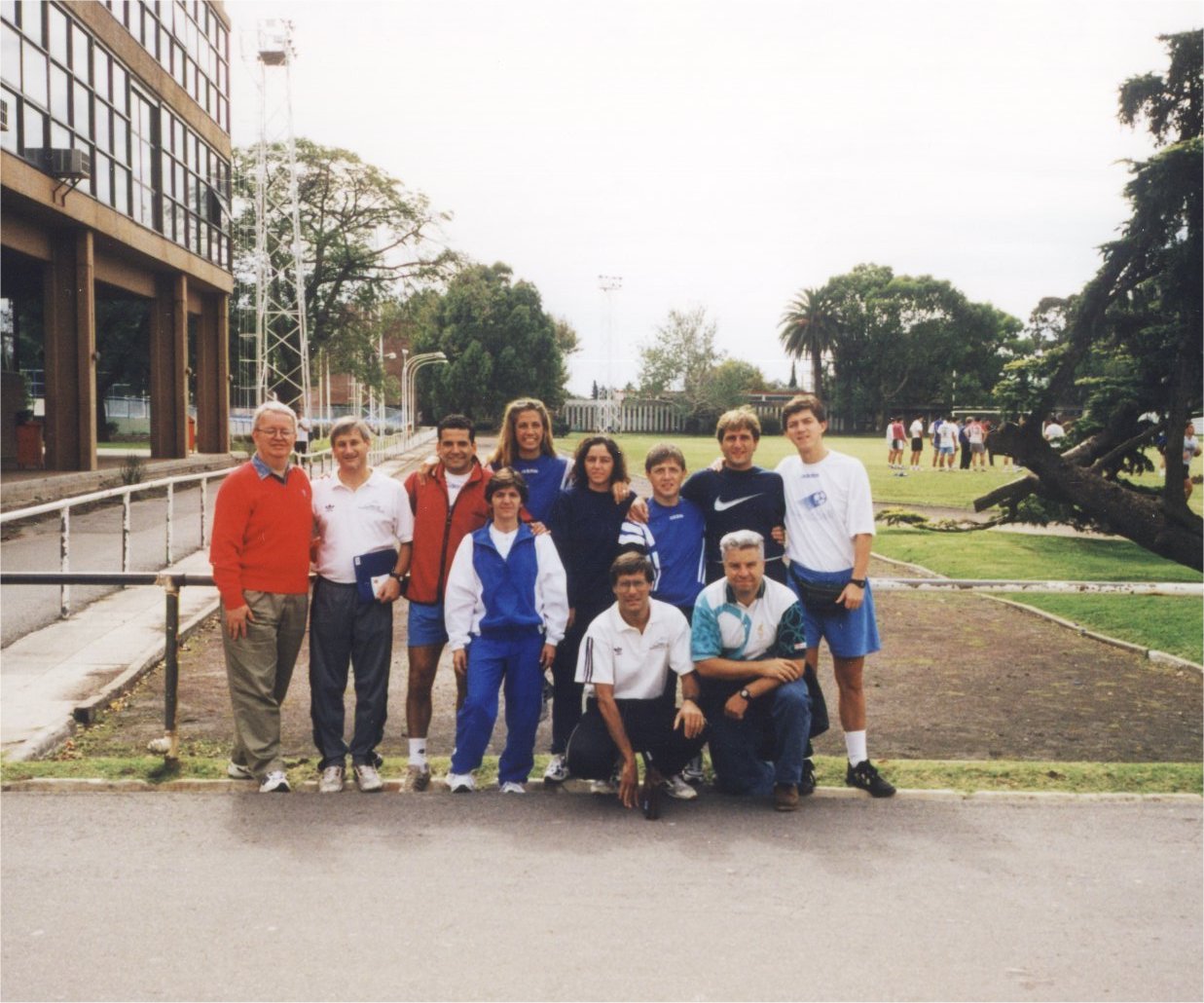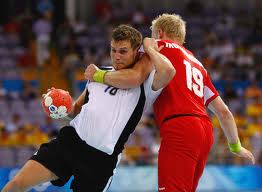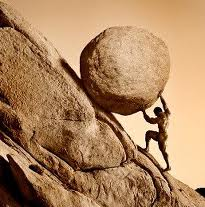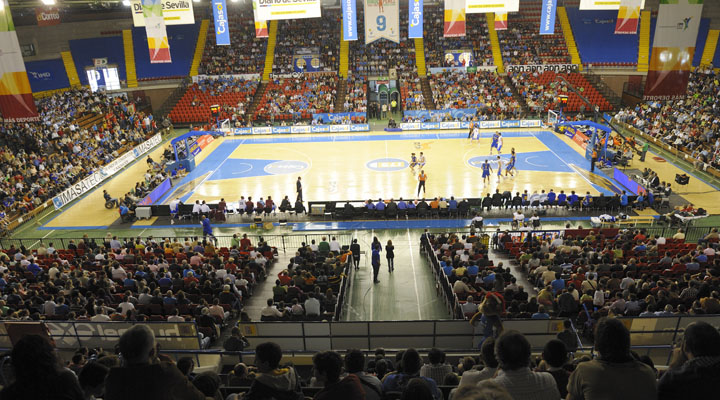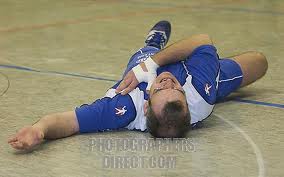
A red card with a major impact in Man U – Real M
My guess is that many of our readers took an interest in yesterday’s Champions League game in football, with the very special match-up between Manchester United and Real Madrid, including the coaching rivalry between Sir Alex Ferguson and Jose Mourinho. The game lived up to all expectations for the first 55 minutes, but then it can be argued that a referee decision changed the dynamics of the game completely and very much influenced the final result. The Turkish referee Cakir showed the red card to a Manchester player in a situation, which instantaneously, and now afterwards, led to a major debate about whether the card should have been red or yellow.
Whether one believes that the referee decision was justified or too harsh, there is in my mind another aspect that matters more and brings up an interesting comparison with handball. For many decades, in handball we had a punishment in the rule book, exclusion, which rarely was used because it was felt that its consequences were too harsh. It was generally agreed that leaving a team with one player less for the entire duration of the games was bound to affect the spectacle in a very negative game, leaving the shorthanded team without much hope. The situation is not quite the same in football, where a team can survive for an extended period in this way, but it normally has a major impact, not just for the teams but also for the spectators and a worldwide TV audience. This is of course especially the case, if the send-off happens very early in the game.
In handball, we decided not so long ago to remove this drastic punishment. Instead we have ‘red card with report’ and ‘red card without report’, depending on the severity of the infringement. But in both cases the team is back to full strength after two minutes. On some occasions, I had the opportunity to discuss with FIFA and UEFA officials about the feasibility of introducing a similar principle in football, i.e., that one could allow a red-carded player to be replaced after X minutes. But the unwillingness to see the merits of such an idea was always astonishingly strong, even if the football officials agreed that such an approach could make the decision to show a red card much less dramatic and controversial.
So, it seems that on this point we have a clear advantage in handball, but the issue is still not free from problems.
Instead we have had some improper unwillingness in some places to accept the global principles contained in the IHF playing rules. Under those rules, the referees (and nobody else) make a final decision whether the infringement that leads to a red card is severe enough to warrant a report to authorities. The purpose of the report is to enable the responsible federation to take a decision about further punishment, such as a suspension from X games. The rules make it clear that such added punishment is not to be considered in those cases where the referees have decided that the violation belonged in the category that did NOT warrant a report.
Nevertheless, some national federations have incorrectly taken upon themselves to set aside this basic principle in the rules, by pronouncing added punishment also in cases which the referees found to be less severe. I was happy to read this week that perhaps the most prominent one of these federations, namely the Danish one, has now decided to abandon its flawed practices and follow the IHF rules and principles. So all that we are now waiting for is for the European Handball Federation (EHF) to come to the realization that they should follow the same course and give up a self-proclaimed prerogative which they do not really have!
I think I have made it clear on several occasions, that I generally find the EHF to be a competent and well-managed organization, but that their handling or rules issues, protests, and disciplinary matters leaves a lot to be desired. Perhaps it is the size of the EHF operations and the broad scope of their competitions that cause difficulties, as they require a large bureaucracy with a formidable set of rules and regulations, sometimes seemingly a bit removed from the practical reality on the handball court. Perhaps it also reflects a disconnect between handball experts and legal/administrative functionaries.
In any event, the recent handling of the protest from Croatia Zagreb regarding their crucial Champions League game against Minsk puts the reputation of the EHF in a poor light. The protest essentially involved the inability of the match delegate to detect that a player serving a 2-minute suspension entered the court and contributed to the scoring of the goal late in a game with a very close final result in favor of Minsk. The initial response to the protest was correct, in the sense that the denial of the protest was based on the principle that a protest against ‘an observation of facts’ is not valid.
But when Croatia appealed the initial verdict, the statement of denial at the second level in the process was horrifying. Because it stated that the EHF hypothetically could go against the basic principle, but only if the error in an observation had ‘an essential and crucial influence on the final result’. In other words, the EHF entity admitted that the EHF is willing to go against basic principles, but at the same time they showed a terrible judgment in claiming that the effect on the final result was not obvious. So it is easy to understand why Zagreb was not willing to accept the denial of their protest with this kind of reasoning, and they have now taken the matter to EHF Court of Arbitration. As I see it, it would really be an injustice if the protest were to be denied again at this final level, given the terrible arguments that have been used. And, if the final verdict were to go in the favor of Zagreb, there should be a replay and also a possible impact on which team should play in the upcoming Round of 16.


